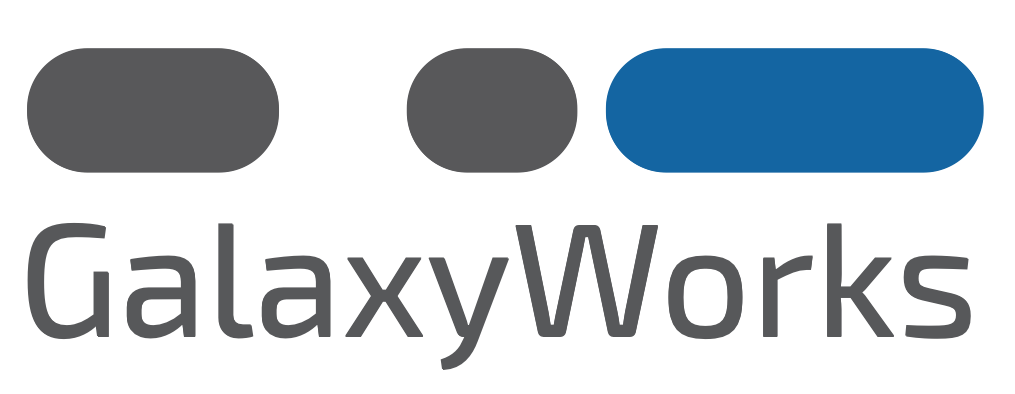Galaxy @ ABRF 2020
Single Cell, and Functional Characteristics of Microbiomes
Mequite D Room, 8am - 4pm
There will be a day long satellite workshop on Galaxy on Saturday, February 29 at ABRF 2020 in Palm Springs.
The day focuses on two topics:
SW4a: Single Cell RNA-Seq and Visualization Using the Galaxy Workbench (AM)
Instructors:
Due to technological advances, single cell RNA-seq (scRNA-seq) analysis has emerged as the new frontier of biomedical research. As scRNA-seq technology evolves and generates increasingly complex data, the need for scalable, flexible, and accessible analysis options remains critical to researchers. The Galaxy workbench (galaxyproject.org) offers a solution. Galaxy has been used for genomic data analysis for over a decade and includes many tools required for scRNA-seq analysis – offering a multitude of analysis options.
| Time | Topic |
|---|---|
| 8:00 am | Welcome & Introduction |
| 8:15 am | Introduction to Galaxy framework |
| 9:15 am | Introduction to scRNA-Seq Analysis |
| 10:00 am | Refreshment Break |
| 10:30 am | Hands on training analyzing scRNA-Seq data |
| 12:00 pm | Lunch Break |
Participants will perform hands-on guided exercises analyzing and visualizing scRNA-seq data generated using the 10x Genomics platform, using both workflow execution and interactive tools. The workshop will introduce the Galaxy workbench with guided exercises to familiarize participants with the diverse set of available tools, data management features, collaborative infrastructure, and workflow generation/execution. Participants will also be introduced to scRNA-seq assay technology, analysis and visualization strategies, and examples of scRNA-seq applications. Using guided hands-on exercises, attendees will process 10x Genomics scRNA-seq data using workflows to achieve count matrices from raw barcoded reads using workflows in Galaxy. Participants will visualize and interact with processed scRNA-seq data using interactive tools in Galaxy. The generated workflows and analyses could also then be shared and published to demonstrate collaborative infrastructure. The overall goal of this workshop is to introduce core facility managers and technicians to the Galaxy workbench as an analysis and collaborative platform.
Links
SW4b: Galaxy Platform for Functional Characteristics of Microbiomes (PM)
Instructors:
- Saskia Hiltemann, Erasmus Medical Center & Erasmus University Rotterdam
- Pratik Jagtap, University of Minnesota Twin Cities
- Subina Mehta, University of Minnesota Twin Cities
Functional microbiome analysis which estimates the functional groups expressed by microbial community, enables researchers to look beyond taxonomic composition and correlation with the condition under study. Using microbial community RNASeq data and subsequent metatranscriptomics workflows to elucidate the functional complement of the microbiome is gaining interest in the field. The training workshop will introduce researchers to the basic concepts and tools from the published ASaiM workflow (Batut et al, GigaScience (2018), 7 (6)). Attendees will also be able to run workflows on small test datasets. Lastly, workshop trainers will update attendees on the latest developments in Galaxy tools and workflows for functional microbiome and multi-omics analysis.
| Time | Topic |
|---|---|
| 1:00 pm | Introduction to functional microbiome analysis |
| 1:30 pm | Metatranscriptomics analysis using Galaxy framework |
| 3:30 pm | Resources available for microbiome analysis and Q&A |
| 4:00 pm | SW4 Concludes |
Sponsors
These workshops are generously supported by
Plus
- Poster 105: Using the Galaxy Training Network tutorial library for bioinformatics training programs
- Monday, March 2, Poster Session I, 11:30-12:30
- Dave Clements
Abstract
Does your facility do bioinformatics training? Would your facility like to do bioinformatics training? The Galaxy Training Network library is an easy way to offer bioinformatics training at your facility with minimal preparation time and startup cost. These materials feature slides, hands-on-tutorials, and training data sets. The library features well over 100 slide sets and hands-on tutorials, created by over 130 Galaxy community members, and covering a wide range of bioinformatics topics. Galaxy is a widely adopted platform for bioinformatics analysis and training, allowing trainers, learners, and researchers to focus on concepts and tools, rather than Linux systems administration and learning command line interfaces. The library of materials are free to use and adapt as needed. The GTN community is supportive and responsive to community needs. All materials are kept in GitHub and are managed in a transparent, community driven manner.
About ABRF
The Association of Biomolecular Resource Facilities 2020 Conference (ABRF 2020) will bring together 500 decision makers (and over 250 exhibitors) from core life science research facilities from around the world. ABRF is the largest international organization in this field, and this meeting is an ideal opportunity to reach this worldwide community. (Note: Most workshop instructors are also attending the rest of the conference, providing an ideal opportunity to find out how Galaxy can be used in your core facility.)
About Galaxy
Galaxy is an open source platform for data integration and analysis in the life sciences. It is deployed in hundreds of organizations around the world and is supported by a global community of researchers, trainers, software engineers, and tool developers. Galaxy makes sophisticated bioinformatic analysis accessible and reproducible to researchers without requiring them to learn command line interfaces or computer systems administration. Thousands of tools and data sources are available in the Galaxy ecosystem.
We hope to see you Palm Springs,












